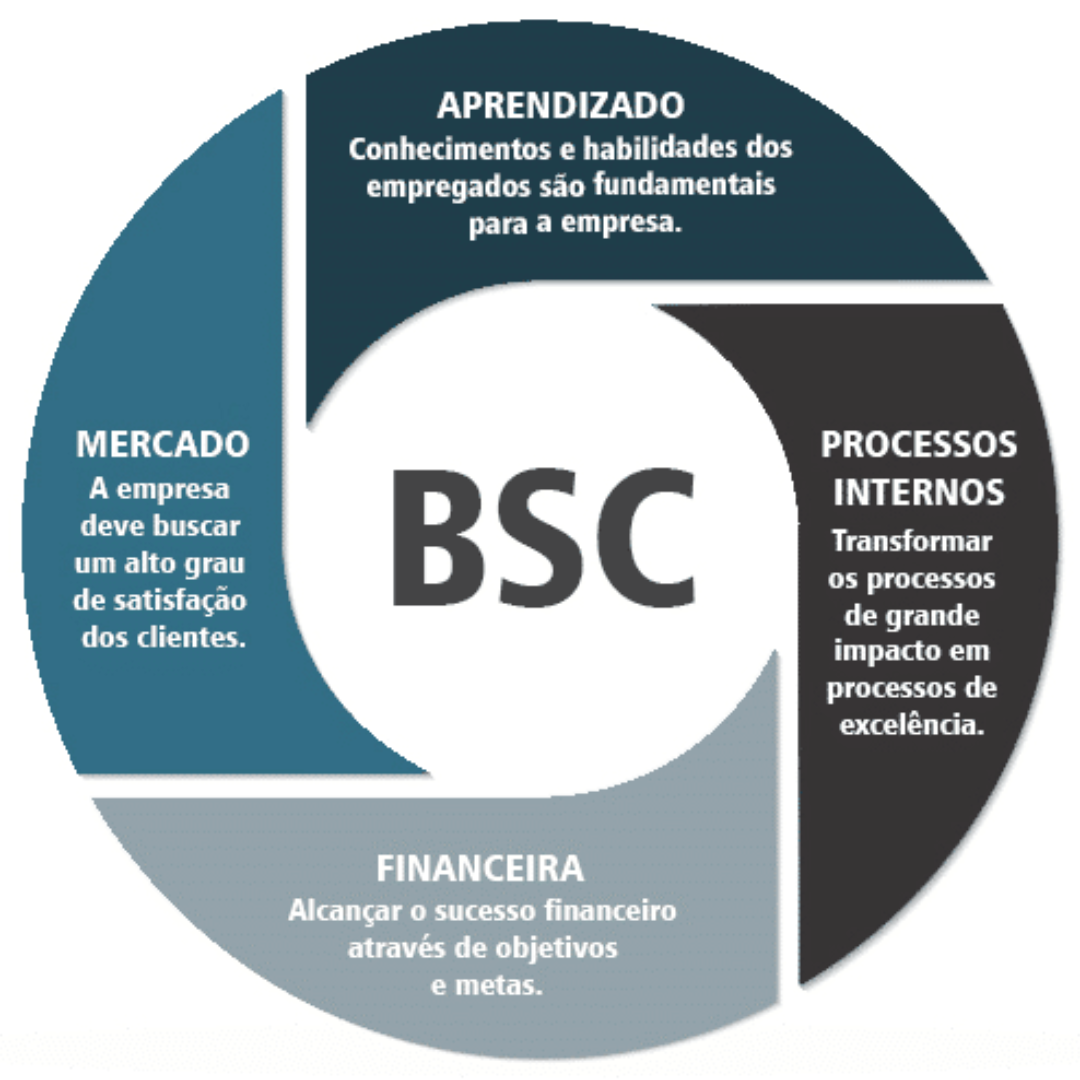A Bachelor of Science (BSc) in Environmental Science provides a strong foundation for understanding and addressing some of the world’s most pressing ecological challenges. The BSc full form, Bachelor of Science, signifies a versatile degree that equips students with scientific expertise and practical knowledge for diverse career opportunities. Environmental science is a field of growing importance as climate change, pollution, and resource management demand innovative solutions.
This article explores the emerging career paths for graduates of a BSc in Environmental Science, highlighting skills to develop, industries to explore, and steps for career advancement.
Why Choose a BSc in Environmental Science?
Environmental science integrates biology, chemistry, geology, and physics to study the environment and solve real-world problems. With a BSc in Environmental Science, students gain an interdisciplinary education, blending theory with practical applications.
The degree prepares graduates for roles in research, policy-making, conservation, and industry. Additionally, the global focus on sustainability creates a high demand for environmental science professionals across industries.
Top Skills for Environmental Science Graduates
To excel in the field, developing key skills is essential. Here are some important abilities:
1. Analytical Thinking
Environmental professionals analyze data to identify trends, evaluate risks, and develop strategies for sustainable solutions.
2. Communication Skills
The ability to effectively convey complex environmental concepts to stakeholders, policymakers, and the public is crucial.
3. Technical Expertise
Proficiency in GIS (Geographic Information Systems), environmental modeling, and laboratory analysis tools enhances employability.
4. Problem-Solving Skills
Addressing environmental challenges requires innovative and practical approaches.
5. Project Management
Managing time, resources, and teams is vital for implementing environmental projects successfully.
Emerging Career Paths
A BSc in Environmental Science opens doors to various industries. Let’s explore some of the top career options:
1. Environmental Consultant
Environmental consultants advise businesses and organizations on how to reduce their environmental footprint. They conduct assessments, develop sustainability strategies, and ensure compliance with environmental laws.
2. Conservation Scientist
Conservation scientists work to preserve natural habitats and biodiversity. This role involves managing conservation projects, conducting field research, and collaborating with governmental and non-governmental organizations.
3. Climate Change Analyst
This emerging role focuses on studying climate patterns, developing mitigation strategies, and advising policymakers on sustainable practices.
4. Environmental Engineer
Environmental engineers design solutions for waste management, water treatment, and pollution control. They combine engineering principles with environmental science to create sustainable systems.
5. Wildlife Biologist
Wildlife biologists study animal behavior and ecosystems. Their work often involves field research, data analysis, and conservation advocacy.
6. Sustainability Manager
Sustainability managers implement green practices within organizations, reducing waste and promoting renewable energy.
7. Renewable Energy Specialist
As the world shifts toward cleaner energy, specialists in wind, solar, and bioenergy are in high demand.
Industries That Hire Environmental Science Graduates
Environmental science graduates find opportunities across diverse sectors:
- Government Agencies: Roles in environmental policy, regulation, and enforcement.
- Non-Governmental Organizations (NGOs): Conservation, advocacy, and community engagement.
- Corporate Sector: Sustainability and compliance positions in multinational companies.
- Energy Industry: Research and development in renewable energy.
- Academia and Research: Advanced studies and scientific research roles.
FAQs about BSc in Environmental Science
1. What is the BSc full form, and why is it relevant to environmental science?
The BSc full form, Bachelor of Science, is relevant as it provides a scientific foundation essential for environmental research and practical applications.
2. What career growth opportunities exist after completing a BSc in Environmental Science?
Graduates can pursue higher education, certifications, or specialized roles in environmental engineering, renewable energy, and sustainability.
3. What certifications enhance employability in environmental science?
Certifications in GIS, environmental auditing, and project management can boost career prospects.
4. Can I work internationally with a BSc in Environmental Science?
Yes, environmental science professionals are in demand globally, especially in climate change mitigation and conservation roles.
How to Plan Your Career After a BSc in Environmental Science
- Gain Practical Experience: Internships, research projects, and volunteering build hands-on skills.
- Network with Professionals: Attend environmental science conferences and seminars to expand your connections.
- Consider Postgraduate Studies: Specializing in fields like environmental law, engineering, or policy can open advanced career opportunities.
- Stay Updated: Follow environmental trends, laws, and technologies.
Conclusion
A BSc in Environmental Science equips graduates with the skills and knowledge to tackle critical global challenges. The interdisciplinary nature of the degree allows students to explore various career paths, from conservation and policy-making to engineering and renewable energy.
By pursuing further education, gaining certifications, and staying informed about industry trends, graduates can build a rewarding career in this essential field. The opportunities are vast, and the impact of their work can contribute significantly to creating a sustainable future.
